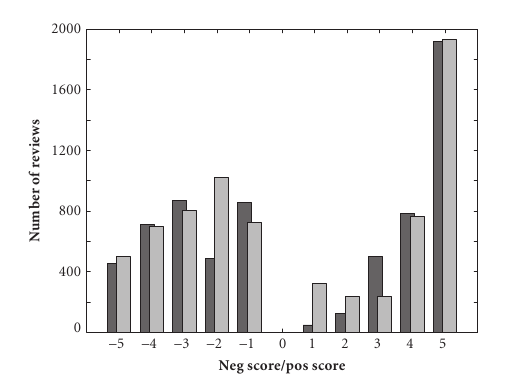Modeling collective emotions in online social systems
David Garcia, Antonios Garas and Frank Schweitzer
Collective Emotions (2014)
Research: Opinions Emotions
Abstract
Every day, millions of Internet users leave online traces that are publicly accessible. Data about forum comments, video downloads, or product reviews provide a valuable insight into human online behavior. The retrieval of datasets of unprecedented size may eventu- ally also allow testing of hypotheses or validation of theories that have been developed in the social sciences, for example, about preferences, social influence (Lorenz, 2009; Onnela & Reed-Tsochas, 2010), trust, and cooperation (Walter, Battiston, Yildirim, & Schweitzer, 2011). This recent scientific development has led to the emerging field of computational social science (Lazer et al., 2009) which combines methods and tools from different tech- nical and social disciplines. Also, psychology can benefit from this development by get- ting access to data without designing expensive experimental setups of limited size. For example, the analysis of Twitter messages allows studying the influence of the circadian cycles on human mood (Golder & Macy, 2011), and sentiment analysis of large-scale datasets reveals patterns of emotional expression predicted by earlier theories (Garcia, Garas, & Schweitzer, 2012).

